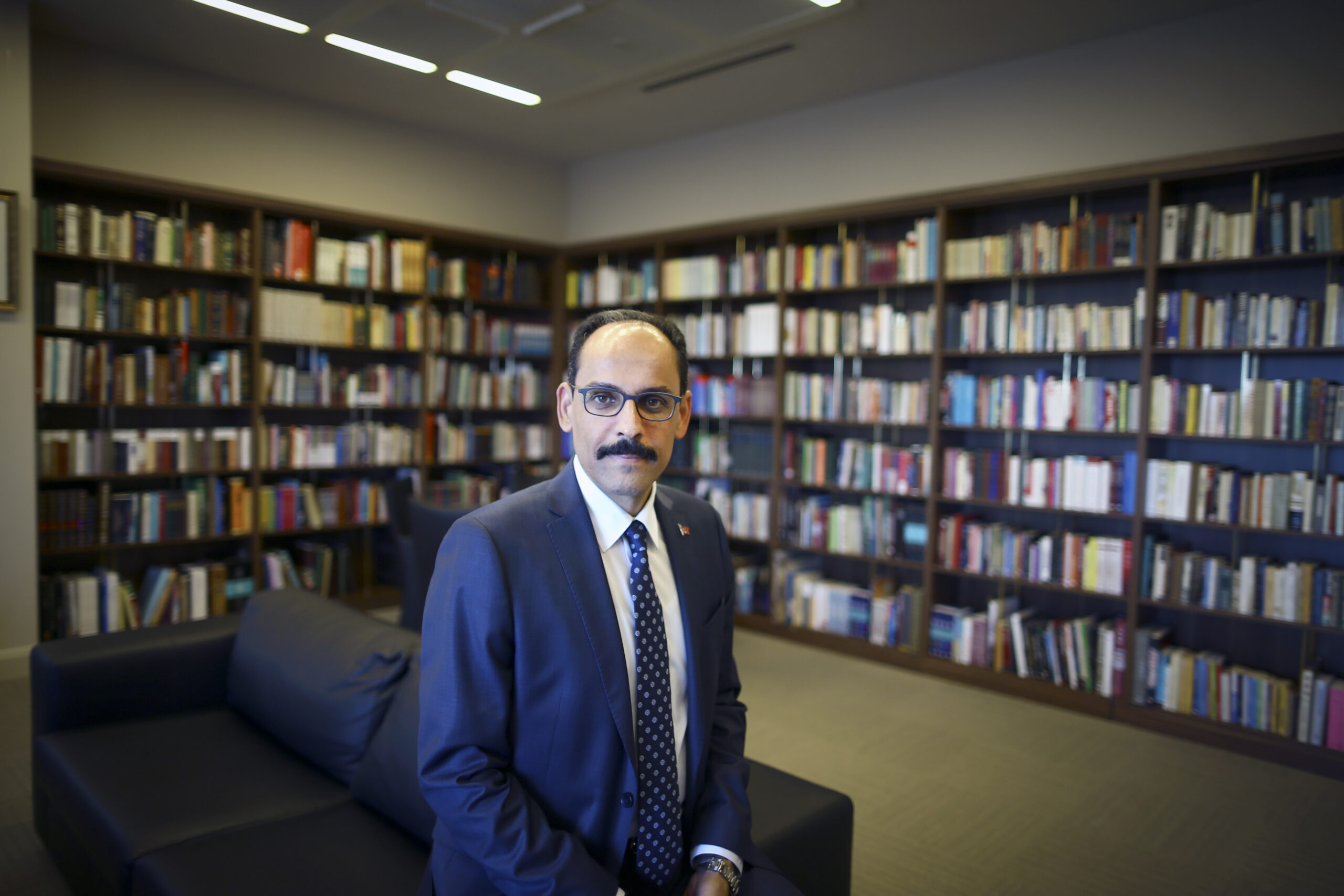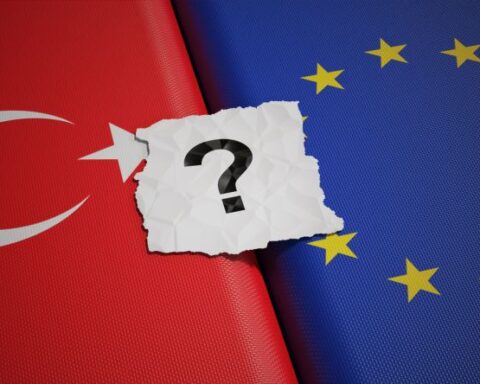In one of his captivating letters to his brother Theo, the world-famous Dutch painter Vincent Van Gogh, struggling very hard – and failing – to make a living through the art and business of painting, says that he is onto something with his new painting style but he does not know what it is. He never found it out as his poor and melancholy-ridden life came to an abrupt end in 1890 at the young age of 37.
Van Gogh was indeed onto something and that something changed the course of modern Western art. How many artists, scientists, philosophers, visionaries, poets, politicians and religious leaders have felt that they were onto something, the “next big thing,” but never saw its fruition? Did Socrates know he was to change the course of Western civilization when he refused to ask for forgiveness at his trial in Athens and accepted the unfair death sentence laid upon him in 399 B.C.? Did Ibn Sina know that he was to alter the history of philosophy and science in the Muslim world and beyond when he had his own struggles and trials in the first part of the 11th century? Martin Luther had an absolute certainty about his objections to the Catholic Church but was probably not aware of the epoch-making consequences of his famous 95 theses which he reportedly pinned on the door of the Wittenberg Castle Church in 1517.
No doubt, history has seen figures who had a sense of the “next big thing” they were about to initiate. Fatih Sultan Mehmed knew that taking Istanbul in 1453 was certain to change the course of Ottoman and European history. Einstein was probably in the same category when he realized the revolutionary implications of his theory of relativity. With his philosophical intuition and charm, he enjoyed the scene his view of the universe presented to the modern mortals.
But not all cases of the “next big thing” are happy and rosy. Darwin’s theory of evolution supplied the scientific and philosophical worlds with much to discuss and reckon with. But knowingly or not it also gave much ammunition to racism and colonialism in the late 19th and early 20th centuries. The atomic bomb and other weapons of mass destruction led to the death of millions of people around the world and continue to present a serious threat for the global arms race and war.
The “next big things” of the 21st century hold potentials for the best and the worst. Eugenics, artificial intelligence, transhumanism, the ever-changing means of communications, the growing sophistication of chemical and biological weapons, drugs, micro and macro terrorism, etc., are made possible with new technological advancements. We may see our lives more and more entrenched in new technologies. Robots with “ideas and feelings” may become part of our daily lives. We may obtain new biological qualities. We may cure all diseases. We may travel to faraway places in space as we do now from one country to another. We may become hostages of mega-systems, lose our privacy totally and find ourselves in matrixes that blur the line between reality and fiction, life and death, and control and destruction.
All this may turn the world into a better habitat for us humans or into a hell that will swallow everything up. Given the uncertainties of the modern hyper world, nobody knows what the next big thing will bring in science, technology, philosophy, literature, art or politics. What is certain is the fact that we have to reject the notion that the next big thing will always be in the field of material advancement and technological innovation.
Why not give a chance to the human spirit and compassion that can remedy the malaise of the world, help the poor, protect the environment, end the wars, support education, culture and art, defeat greed and arrogance, and nourish the noble sides of the human soul? When will we yearn for the next act of grace, big and small, as much as we do to get the next version of our smartphones? Why can’t we enjoy the smell of a rose in a simple way instead of seeking to change its genetic code to make a profit out of it? Is this more difficult than exploring space?
The next big thing may come from one of the most advanced and expensive research centers or space stations. But it may also come from a simple and noble human act of kindness. It may not give us a higher screen resolution but may bring us closer to our humanity.
Apr 28, 2018
Source: https://www.dailysabah.com/columns/ibrahim-kalin/2018/04/28/the-next-big-thing



